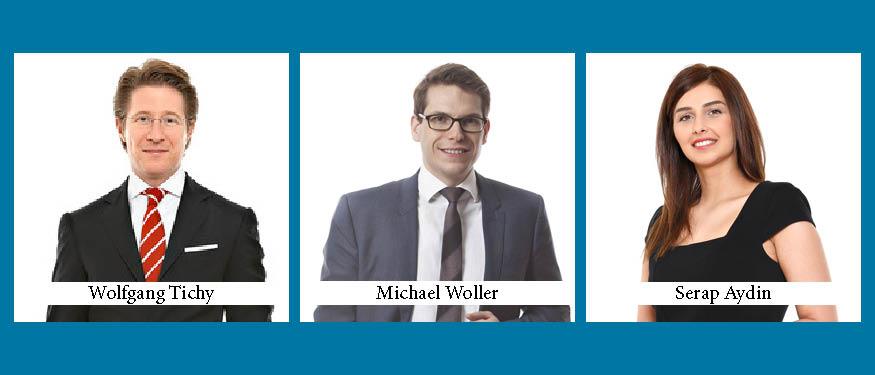Case: Tobias McFadden vs Sony Music Entertainment Germany GmbH
On 15 September 2016 the Court of Justice of the European Union ("CJEU") gave guidance on the question of whether and to which extent the operator of a business which offers a free Wi-Fi network could be held liable for intellectual property infringements committed by users of such Wi-Fi?
Or in other words: Can such operator rely on the provider liability exemptions of the E-Commerce Directive – and under what conditions.
Background of the case
Tobias McFadden runs a business selling and leasing lighting and sound systems. He operates a free Wi-Fi network that is accessible to the public and not password protected. Free access to that Wi-Fi is intentional in order to attract potential customers.
In 2010 someone used that Wi-Fi connection to make a musical work available on the internet free of charge to the public without consent of the right holders. Sony Music, as the holder of the rights in the phonogram of the work sought (i) payment of damages on the ground of his direct liability for the infringement of its rights over the phonogram, (ii) an injunction against the infringement of its rights and (iii) reimbursement of the costs of giving formal notice and court costs from McFadden in front of the German courts, arguing that he was responsible for the use of his Wi-Fi connection.
McFadden defended himself by relying in particular on Article 12 of the E-Commerce Directive. Article 12 limits the liability of providers of mere conduit services for unlawful acts committed by a third party with respect to the information transmitted, on condition that the provider (i) does not initiate the transmission; (ii) does not select the receiver of the transmission; and (iii) does not select or modify the information contained in the transmission.
The Regional Court Munich I which had do decide on this matter was inclined to find that McFadden did not infringe the copyright directly, but as he made a network connection available to the public without securing it, he was indirectly liable for third-party infringements. The court decided to seek guidance from the CJEU on a number of questions on the interpretation of the safe harbor regime of the E-Commerce Directive.
Outcome
The outcome is both good and bad news for free Wi-Fi in Europe:
The CJEU holds that providers generally cannot be held liable if a user uses a provider's free Wi-Fi connection to unlawfully download copyrighted content. Therefore a copyright holder is not entitled to claim compensation from the provider on the grounds that the network was used by third parties to infringe its rights.
Nevertheless, the court drew some limits, saying that copyright holders have the right to seek injunctions to stop future infringements. Such injunction orders, however, would need to balance the intellectual property rights of rightholders and the freedom to conduct a business of access providers and the freedom of information of the network users. The court held that an order that such service provider protects its Wi-Fi with a password, requiring users to reveal their identity in order to obtain the required password, in order to end or prevent further infringements by its customers would ensure such balance.
While it remains to be seen how national courts will deal with such requests from copyright holders, it seems that this decision will support the offering of free Wi-FI networks.
By Wolfgang Tichy, Partner, Michael Woller, Counsel, and Serap Aydin, Associate, Schoenherr
